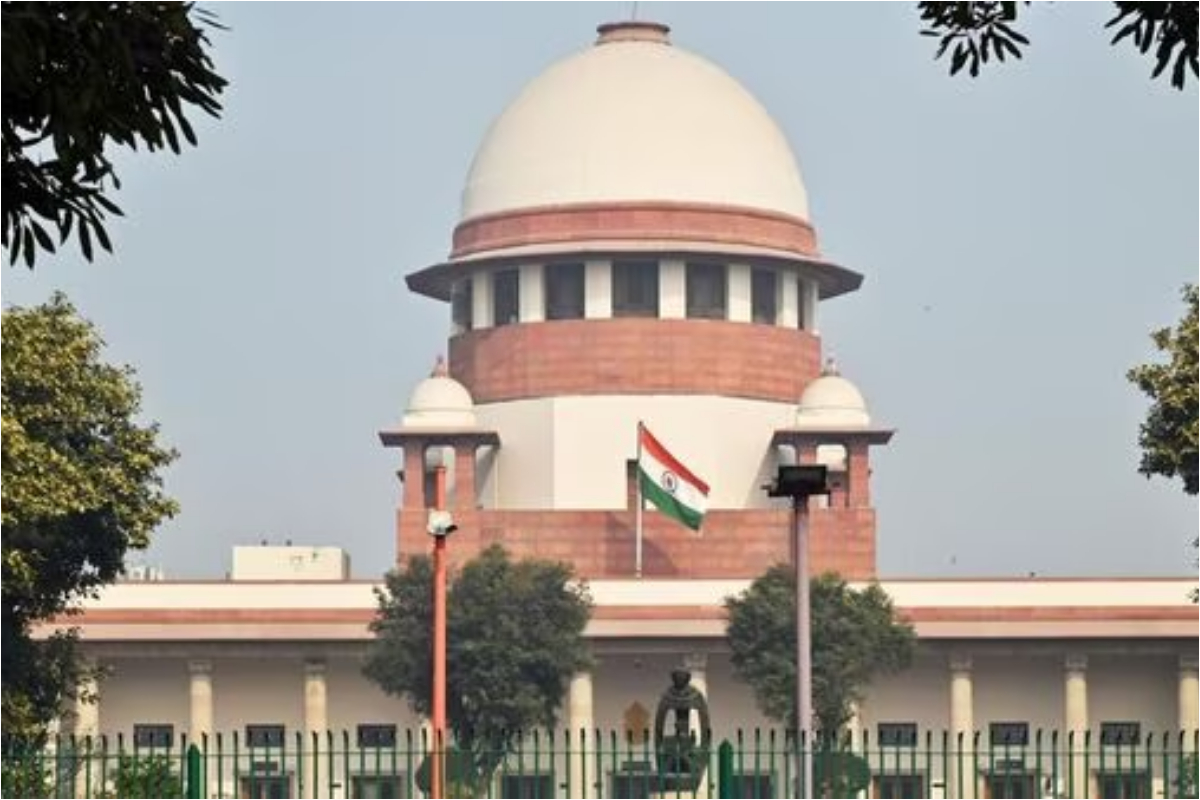- The court rejected SBI’s plea for an extension until 30 June.
- The court ruled that the scheme violated citizens’ right to access information from the government.
- The opposition has raised questions about the timing and demanded that the government clarify the actual reason for Goel’s departure.
The Supreme Court of India has ordered a government-run bank to disclose details of a controversial scheme that allowed people and companies to make anonymous donations to political parties within one day. Despite the State Bank of India’s request for additional time, it must share data with election officials by the end of Tuesday and publish the details on its website by Friday. Last month, the court declared the scheme “unconstitutional” and struck it down.
The ruling, which comes days before an anticipated announcement setting the dates for the general election, is viewed as a setback for Prime Minister Narendra Modi’s Bharatiya Janata Party (BJP), which has been the largest beneficiary of the system.
In 2018, his government launched the electoral bonds scheme, asserting that it would enhance transparency in political funding. However, critics argue that it had the opposite effect, rendering the process more opaque.
Donors could purchase the bonds in fixed denominations ranging from 1,000 to 10 million rupees (about $12 to $121,000; £9 to £94,182) from branches of the SBI and subsequently hand them over to political parties for encashment.
In its February order, the Supreme Court instructed the SBI to cease issuing any further bonds, disclose details of bond purchasers, and furnish information regarding bonds redeemed by each political party to the Election Commission by 6 March.
Two days before the deadline, SBI submitted a petition requesting an extension until 30 June, contending that the “matching of information to ascertain who contributed to which political party is a time-consuming process”.
On Monday, the Supreme Court rejected the plea and cautioned the bank that it might be viewed as willfully disobeying the court’s order if it failed to comply with the timeline to share the information “by close of business” on Tuesday.
The bank stated that it possessed details of the donors and the denominations of the bonds, as well as records of which party redeemed how much and when, but noted that these were stored in “separate silos”. The court instructed the SBI to “disclose information already available to it”, implying that immediate comprehension of who donated how much to which party might not be feasible upon examining the data.
Critics of the electoral bond scheme, branding it a “distortion of democracy”, had challenged it in the Supreme Court.
The government had defended the policy, asserting that it was introduced to reduce cash donations to political parties since a significant portion of India’s elections is funded through private donations.
However, the court ruled that the scheme violated citizens’ right to access information from the government.
Monday’s developments unfolded amid a separate controversy gripping India over the unexpected resignation of a top election official, just days before the expected announcement of poll dates.
The resignation of Arun Goel, the second-highest officer in the election commission, was announced on Saturday. No official reason has been provided for his departure yet, but the opposition has raised questions about the timing and demanded that Mr. Modi’s government clarify the actual reason for Mr. Goel’s exit.
His departure leaves the commission with only one of its three mandated members – Chief Election Commissioner Rajiv Kumar.
Mr. Modi’s party aims to secure a third consecutive term in the upcoming general elections scheduled in the next couple of months.
[embedpost slug=”india-finalizes-100-billion-free-trade-pact-with-leading-european-allies/”]




















